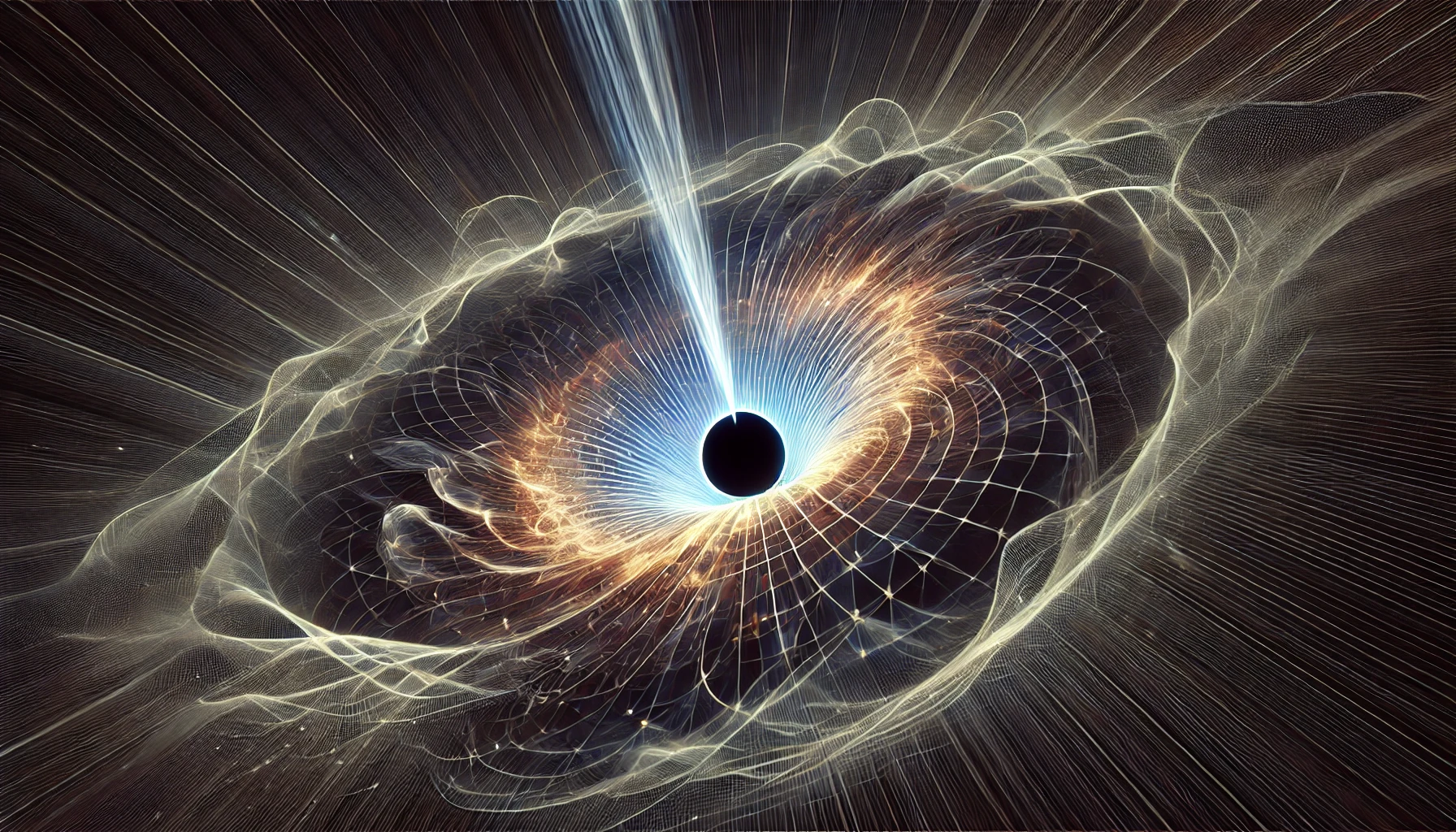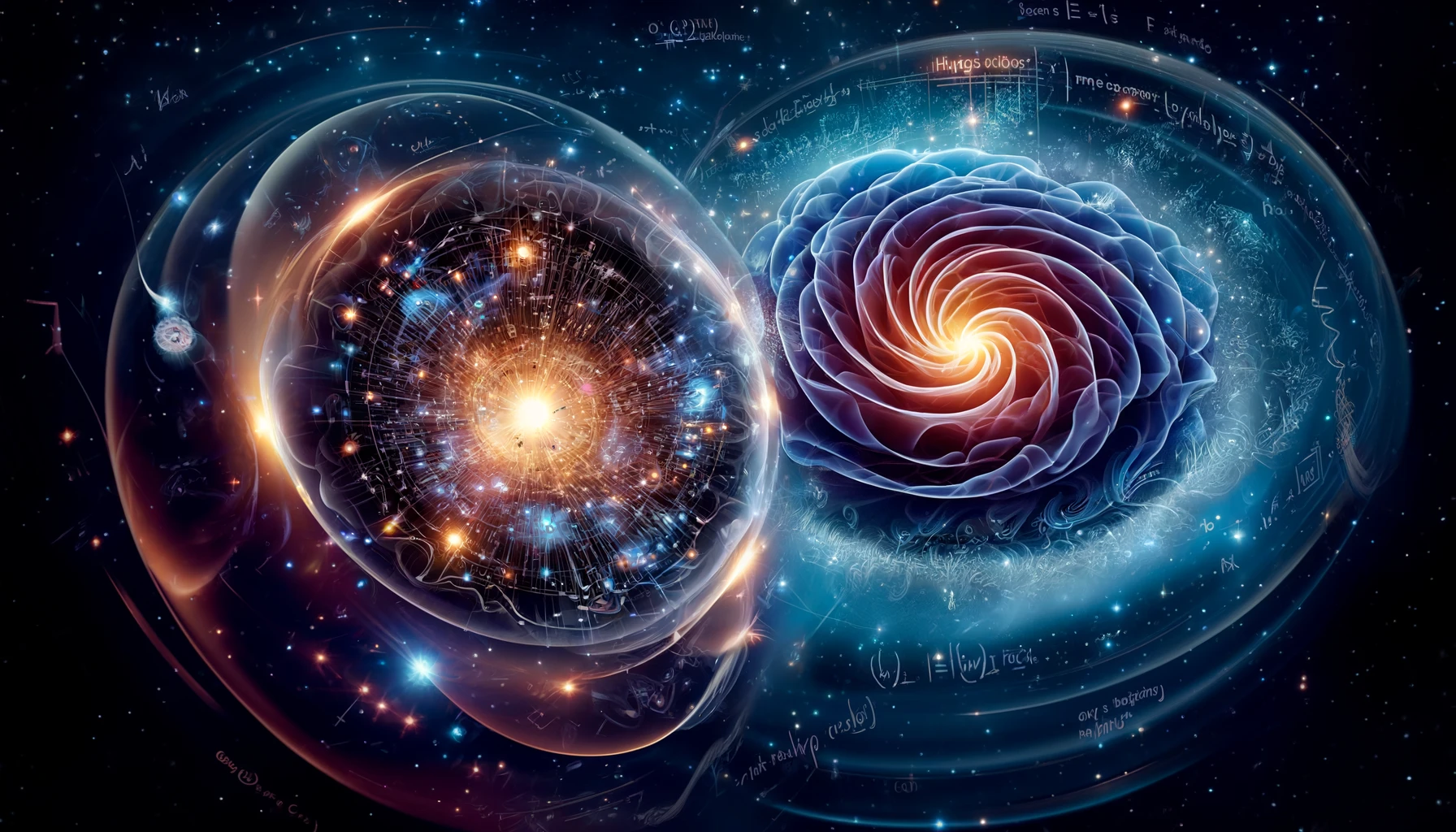
Dark Energy, the Inflaton Field, and Black Holes: A Unified Cosmic Connection? The conundrums of cosmology are deeply intertwined, often linked by enigmatic connections that seem opaque at first glance. Among the most profound mysteries are dark energy, inflation, and black holes. Recent investigations have begun to unravel potential connections between these seemingly disparate phenomena, proposing that dark energy might actually be the inflaton field from the early universe, and that black holes could play a crucial role in replenishing this dark energy. In this article, we delve into how dark energy might be related to the inflaton field, the correlation between dark energy and black holes, and the hypothesis that black holes might be giving energy back to the inflaton field. The Inflaton Field: Driving the Primordial Expansion The inflaton field is a hypothesized scalar field posited to have driven the rapid and exponential expansion of the universe during the initial fractions
Read more
The Inflation Reduction Act (IRA) of 2022 epitomizes a significant legislative endeavor aimed at mitigating inflationary pressures, reforming healthcare expenditures, and advancing climate initiatives
Read more
Albert Einstein is often cited by religious believers as evidence that even one of the greatest scientific minds in history believed in God. For many, the idea that Einstein shared their faith seems t
Read more
The discovery of the Higgs boson in 2012 at CERN was a landmark achievement in particle physics, celebrated as revealing the mechanism by which particles acquire mass. This
Read more
Rationalizing one’s beliefs, particularly within the domain of religion, is a potent mechanism for maintaining psychological comfort and stability when confronted with dissonant information. Whi
Read more